Six New Lang Opportunity Scholars Named
As the newest recipients of the Eugene M. Lang Opportunity Scholarship, six Swarthmore sophomores will be tackling social-action projects around the globe.
"Our scholars in the Class of 2015 will undertake Opportunity projects as nearby as Philadelphia and as far away as Vietnam," says Joy Charlton, executive director of the Lang Center for Civic and Social Responsibility. "In every location, they'll have the chance to generate a needed social resource or create a significant social change. We are excited about the potential of their plans, and we look forward to working with each scholar."
Selection criteria for Lang Opportunity Scholarships include distinguished academic and extra-curricular achievement, leadership qualities, and demonstrated commitment to civic and social responsibility. Each scholar receives a guaranteed summer internship, educational enhancement funds, and the opportunity to apply for up to $10,000 to create a project that addresses a social problem. Students who successfully complete a project are also eligible for up to $5,000 each year for graduate studies, up to two years. The program was conceived and endowed by Eugene M. Lang '38.
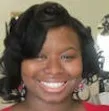
Cortnie Belser, Baltimore, Md.
As a Lang Opportunity Scholar, the Mission: Bmore project (the title of Cortnie's Lang Project) will engage 15-20 high school students in Baltimore city in social dialogue and community engagement surrounding issues within urban black culture. The project will produce culturally responsive pedagogy through an African American history curriculum, using Baltimore city as a cultural hub to connect to the national black historical context. The project's ultimate goal is to craft a community of young leaders dedicated to examining and challenging urban black culture through historic and contemporary critical thinking.
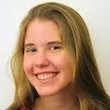
Hope Brinn, Newark, Del.
For her Lang Project, Hope seeks to utilize the largely untapped knowledge of talented first generation college students who have successfully navigated the college process themselves to help underrepresented students to gain admission to and successfully complete college through a virtual mentoring program. Mentors will begin working with their mentees in ninth grade to help them succeed in high school but also to give them the enrichment and cultural capital necessary to allow them to be successful through the admissions process and in college.
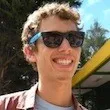
Christopher Capron, Santa Monica, Calif.
Chris aims to improve the self-efficacy of the diabetes community to care and effectively advocate for themselves through a telemedicine project using SMS technology and social media tools. In so doing, Chris plans to improve the holistic health, both physical and psychological, of children and youth with Type I diabetes in Quito, Ecuador, and surrounding areas.
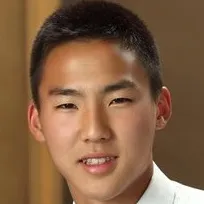
Jason Heo, Newburgh, Ind.
Jason proposes to create Farepath, a technologically-focused mechanism for increasing food access and promoting neighborhood civic engagement, for his Lang Project. To address this issue of food access, he plans to develop an effective food acquisition mechanism to contribute to an already existing distribution infrastructure in the Philadelphia area and a technological platform that will create transparency in the current black box of donation-giving as well as offer resources for starting other chapters. By developing mapping technology through mobile applications, there is great potential for creating communities of altruism throughout areas of the country where the model can be learned and applied, repeatedly.
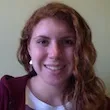
Isabel Sacks, Chevy Chase, Md.
Isabel's project, Pedagogy for Social Action, will initiate teacher-led workshops addressing issues of social justice with high school students at Santa Maria del Batey (a rural school in the Dominican Republic). The project has four goals: (1) empower the teachers in their professional development by creating a permanent "community of practice," (2) redirect pedagogy towards critical thinking, reading, and writing in the classroom in place of copying and rote memorization, (3) open discussions in the wider community about social justice and relevant issues such as violence, abuse, gender disparities, Haitian/Dominican tensions, religious differences, race, and class, and (4) inspire students to make a difference in their community.
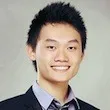
Duong Tran, Hanoi, Vietnam
Duong's vision and life goal is to empower millions of young Vietnamese to create positive changes in Vietnam. To this end, Duong's Lang Project, Youth's View, Voice, and Vision in Society (YVS) will develop critical thinking, debate and public speaking skills among Vietnamese youth through workshops, member clubs in high schools and universities, and annual events. Duong's end goal is a strong network of youth with ideas, skills and self-confidence to discuss social issues effectively, formulate solutions and take actions to change society for the better.



